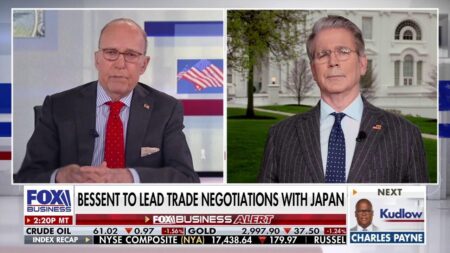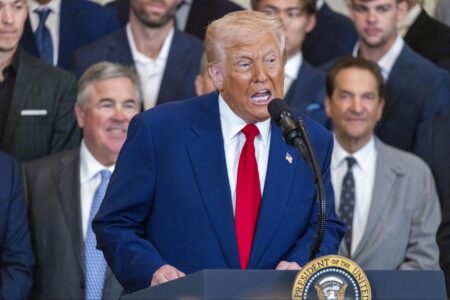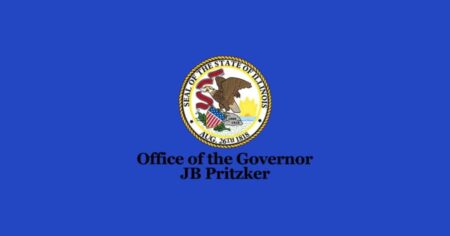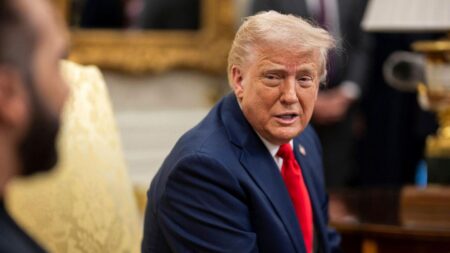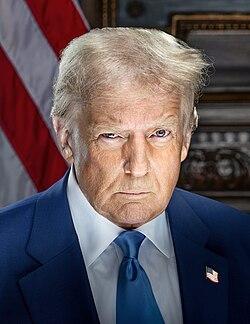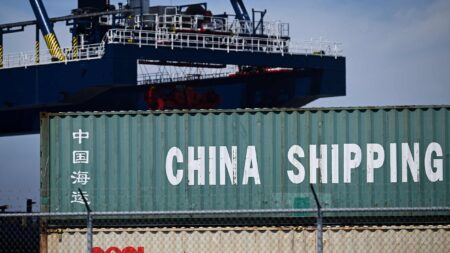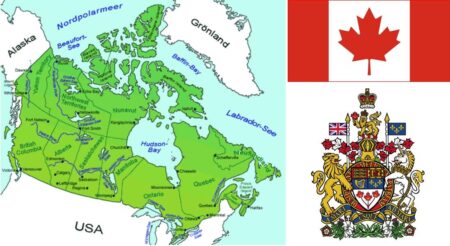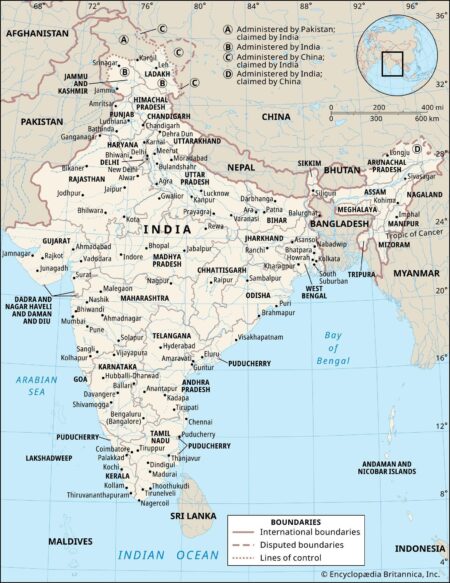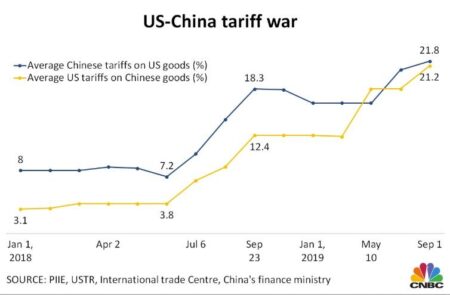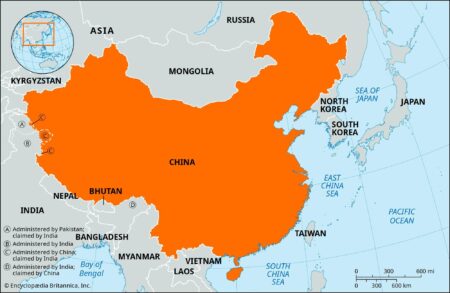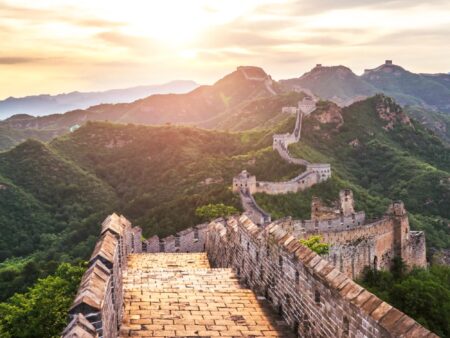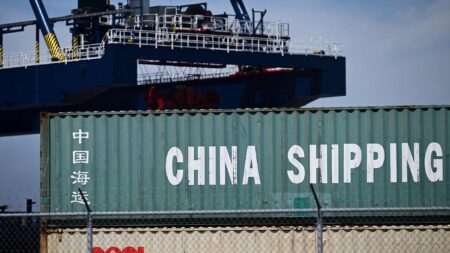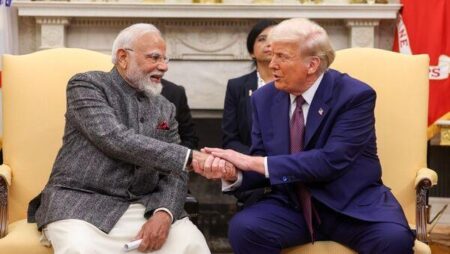The U.S. is strategically using tariff negotiations to economically isolate China, as highlighted in a recent report by The Wall Street Journal. This bold approach underscores the nation’s commitment to countering China’s growing influence in global trade while simultaneously reinforcing alliances with vital partners around the world
Browsing: trade policy
Former President Donald Trump has stepped into the spotlight, revealing his active role in the ongoing trade talks with Japan. He confidently asserts that remarkable progress has been made. This crucial dialogue seeks to tackle tariffs and bolster bilateral trade relations, all while navigating the ever-evolving landscape of global dynamics.
In the escalating U.S.-China trade war, students and tourists may find themselves caught in the crossfire. As tensions rise, educational exchanges and travel are at risk, potentially impacting thousands and straining cultural ties between the two nations.
In a bold move to strengthen economic connections, Illinois Governor J.B. Pritzker has officially signed a landmark trade agreement with the United Kingdom. This exciting deal is set to not only elevate exports but also generate new job opportunities across Illinois, solidifying the state’s position in the global marketplace.
In a bold move to ease rising trade tensions, President Trump has called on China to unveil a fresh tariff proposal. This initiative emerges as both countries navigate a web of disputes that are shaking up global markets. Experts believe that any progress in this direction could hint at a potential warming of relations.
In a bold statement, former President Donald Trump declared that the onus is on China as trade negotiations hit a standstill. This remark highlights the escalating tensions between these two economic giants, with discussions currently at an impasse
US orders from Chinese small businesses face delays as Trump-era tariffs continue to impact trade relations. The hold on these imports underscores ongoing economic tensions, affecting suppliers and pricing in the global market.
Apple is poised to increase its iPhone production in India, as reported by the Wall Street Journal. This strategic move aims to mitigate potential tariffs and bolster the company’s supply chain resilience amid global trade tensions.
Germany’s Friedrich Merz has warned that proposed tariffs by former President Trump could ignite a financial crisis, jeopardizing global trade stability. He emphasized the need for diplomatic solutions to avoid escalation and protect economic interests.
China has urged the United States to “correct its mistakes” by eliminating reciprocal tariffs that have strained trade relations. This call reflects ongoing tensions as both countries seek to navigate economic challenges amidst a complex global landscape.
In response to the recent tightening of auto tariffs by the United States, Canadian Prime Minister announced that Canada will implement matching tariffs. This move is aimed at protecting Canadian industries amid escalating trade tensions between the two countries.
India has asserted its commitment to fair trade practices following Donald Trump’s decision to impose a 90-day pause on tariffs. The Indian government emphasized that negotiations should not occur under pressure, reaffirming its stance on equitable economic dialogue.
As the U.S.-China tariff war intensifies, Canadian consumers may face rising online shopping prices. Experts warn that increased tariffs on Chinese goods could lead to higher costs for retailers, which might be passed on to Canadian shoppers.
In a recent decision, the Biden administration announced that phones and computers will be exempt from the proposed 125% tariffs on Chinese imports initially suggested by former President Trump. This move aims to alleviate pressure on consumers and tech companies.
The Chinese Embassy in India has urged both nations to unite against U.S. tariffs, emphasizing the need for collaboration in facing economic challenges. This call for solidarity comes amidst escalating trade tensions between the U.S. and China.
Apple, Nvidia, and Microsoft can ‘breathe a huge sigh of relief’ following the recent exemption from tariffs on key products imported from China. This development is expected to stabilize supply chains and boost profitability for these tech giants.
As tensions escalate in the ongoing trade conflict, experts weigh in on whether China can withstand a prolonged U.S. tariff war. With its vast manufacturing base and strategic economic measures, Beijing may have tools to mitigate the impact.
China and Japan engaged in discussions regarding Japan’s seafood import ban amid concerns over contamination from the Fukushima nuclear plant. Both nations aim to address trade tensions and restore confidence in seafood safety standards.
In a surprising twist amid ongoing trade tensions, experts suggest that Donald Trump’s tariff war with China could lead to lower prices for Australians on Chinese-made goods. With tariffs affecting American imports, Australian consumers might benefit as costs adjust.
In response to ongoing trade negotiations with the US, Indian Commerce Minister Piyush Goyal emphasized, “We don’t negotiate at gunpoint,” affirming India’s commitment to fair trade practices. The remarks underline India’s stance on maintaining equitable discussions.

